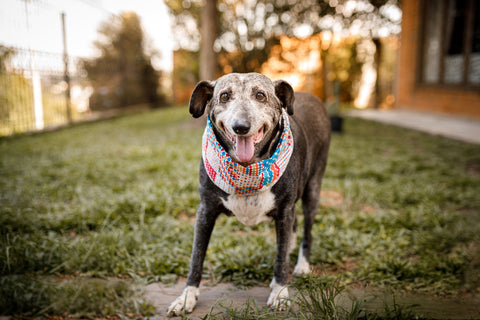Common treatment options for ligament strains and injury in dogs include rest, NSAIDs, Incorporating joint supplements into their diet (TRI-ACTA H.A. is a good choice for dogs that are currently experiencing a ligament injury), using a brace to support your dog’s joint or muscle, and low-impact physical therapy such as walking on a leash or using an underwater treadmill.
In some cases, surgery may be required to repair a ligament injury, such as a torn cranial cruciate ligament (CCL), which is an essential ligament located inside your dog’s knee. When surgery is required for a torn CCL, tibial-plateau-levelling osteotomy (TPLO) surgery is performed. Animals that undergo this procedure often develop post-traumatic arthritic symptoms later in life. More simply, because there is trauma to the joint, they are more likely to develop arthritis.
Ways that you can prevent ligament strains and injury in your dog include age-appropriate exercise, weight management, proper nutrition, and using joint supplements like TRI-ACTA.
Just like with humans, strains and sprains can happen to anyone, regardless of the precautions taken. However, taking a proactive approach to caring for your dog’s joints will reduce the likelihood of these injuries occurring overall.
Learn More: Comprehensive Guide on Dog ACL [Prevention Tips Included]












